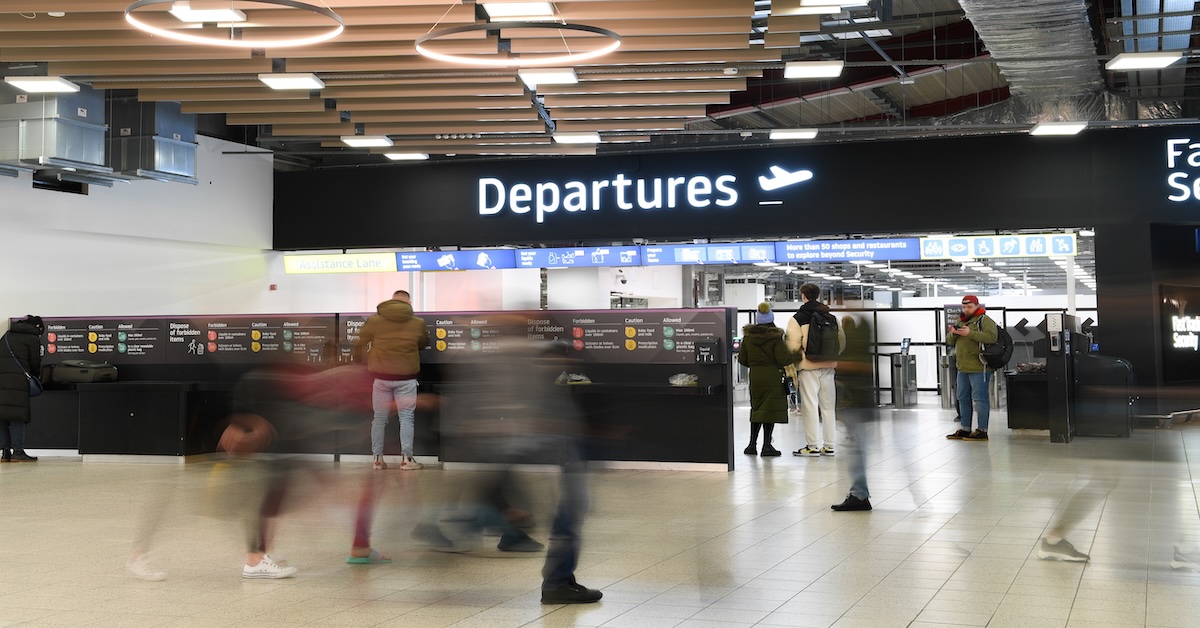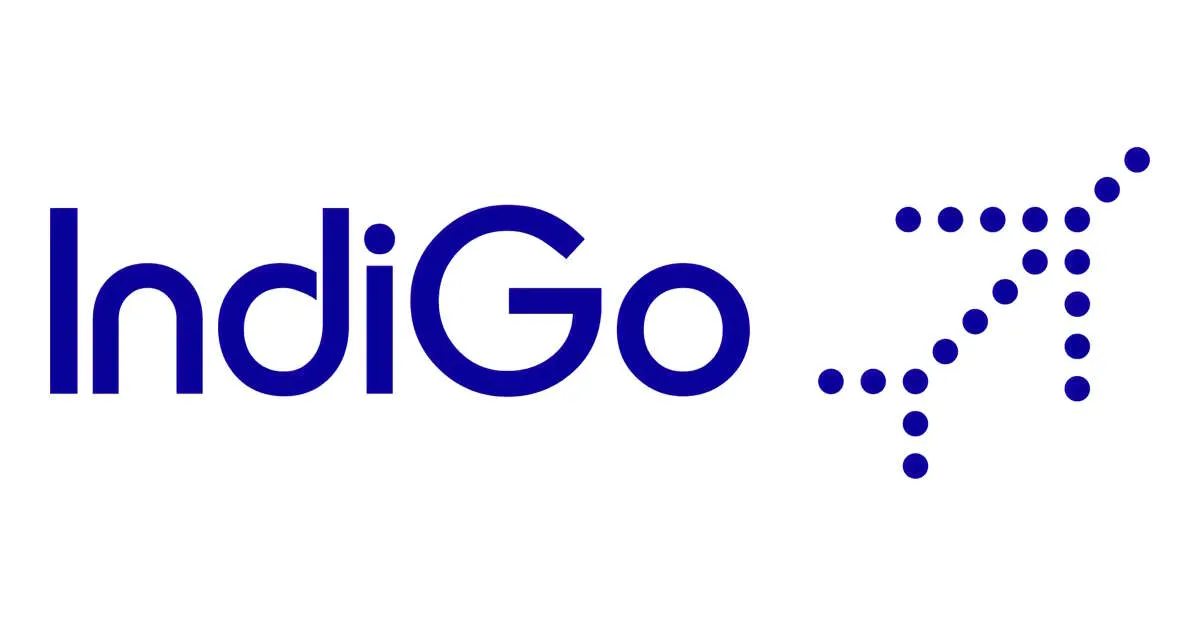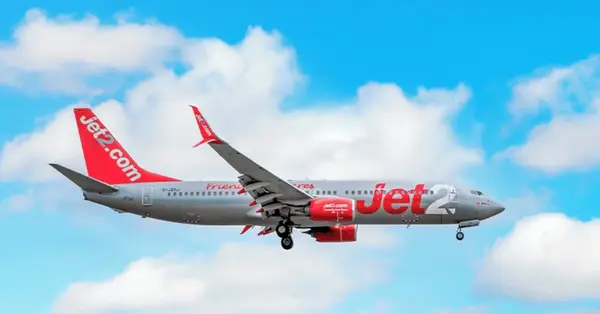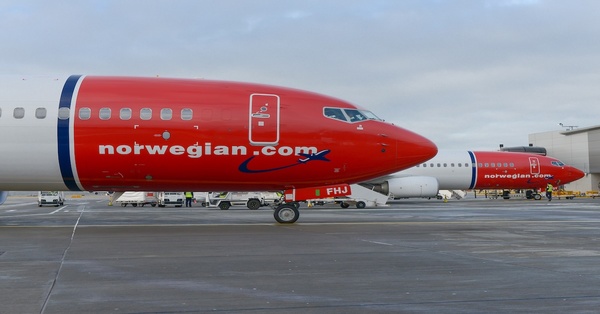You are viewing 1 of your 2 free articles
Most travel price comparison sites breach EU rules
An EU investigation of price comparison sites found two-thirds contravene consumer protection rules.
The findings, published on April 7, were widely interpreted as evidence of misleading practices by online travel agents after an EC press release reported:
“Commission and consumer protection authorities act on misleading travel booking sites.”
However, the study was of comparison sites in the sector, many of which facilitate booking. It did not include online travel agents (OTAs).
The EC and EU consumer protection authorities launched a coordinated screening of 352 “price comparison and travel booking websites” across 28 members states in October 2016.
This found: “Prices were not reliable on 235 sites, two-thirds of the sites checked.”
A breakdown of the sites checked shows 50% were price comparison sites for specific travel services – 24% for accommodation, 21% for air, boat, train or bus prices, and 5% for car rental.
A further 44.6% offered price comparisons for combined travel products and services.
The remaining 5.4% of sites offered price comparisons for non-travel services – food, financial services, TV, phone and internet, electricity and gas.
The EC reported 204 of the sites offered purchasing options, with another 124 redirecting consumers to sites where they could make a purchase.
Common misleading practices included: “Additional price elements being added at a late stage of the booking process without clearly informing the consumer, or promotional prices that did not correspond to any available service.”
The survey found:
In one third of cases (31%), “the price first shown is not the same as the final price.
In one fifth (21%), “promotional offers were not really available.
In almost one third (30%), “the total price or the way it was calculated was not clear.
In one in four (26%), “websites did not specify that statements about scarcity applied strictly to their own website”.
Sites were also misleading in other ways:
23% gave only limited information on the provider of the comparison tool and 4% no information;
21% presented consumer reviews “in an unclear or un-transparent way and/or included elements that could question their truthfulness”;
10.5% did not provide “material information important for the comparison”.
The EC did not name the sites, but said they had been ordered “to bring their practices in line with EU consumer legislation which requires them to be fully transparent about prices and present offers in a clear way”.
It said: “Consumer protection cooperation authorities will ensure they comply.”
European commissioner for consumers Vera Jourova said: “These websites are misleading consumers. The companies need to respect the European consumer rules just like a travel agent would. Consumers deserve the same protection online as offline.”
EC enforcement measures include “demand(s) to correct irregularities, impose fines, [and] close down websites”. Enforcement authorities are “obliged to take measures until the infringement has ceased”.
Previous sweeps on the travel sector have targeted airline sites (in 2007) and travel services (in 2013).
The EC reported subsequent enforcement measures saw the rate of compliance among airline sites rise from 31% to 94% and among travel service sites from 31% to 62%.


















